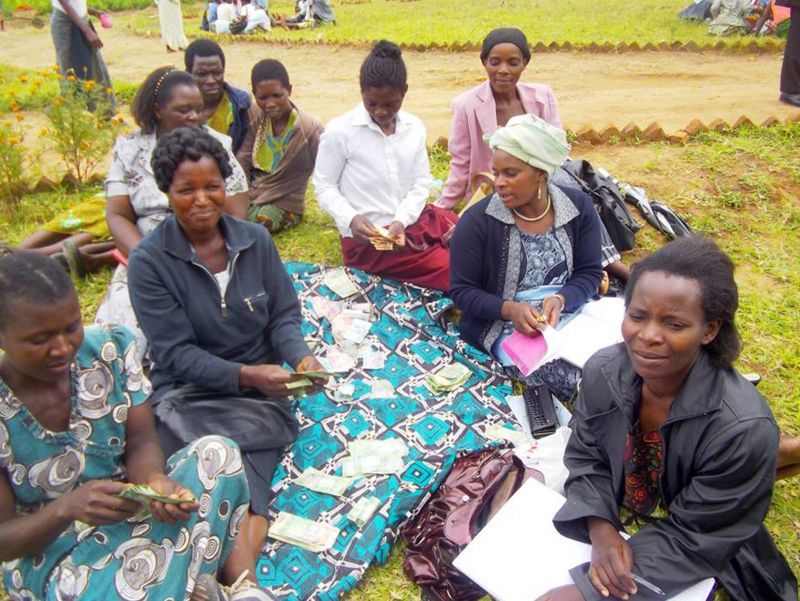
The co-operative movement continues to grow in Malawi and demand for co-operative training outstrips the support available. For three years the UK’s Co-operative College has been running a project called “Supporting co-operative in Malawi”. The scheme aims to build capacity by providing training to existing and new co-operatives.
In February the College received a grant from the Scottish government, which will enable it to continue its project in Malawi for another three years. So far 6,051 members of co-operatives have received training, two thirds of them women. This exceeded the College’s initial target of 2,700.
John Mulangeni is one of the four project officers in Malawi working with the College to build capacity by providing training to existing and new co-ops. He is also the College’s Malawian project manager.
The project was possible through a collaborative process between the government’s co-operative department and the three main co-operative unions: COMSIP Co-operative Union, MZUZU Coffee Planters Co-operative Union and the Malawi Union of Savings and Credit Co-operatives (MUSCCO).
An important area of focus of the project has been to link co-operatives to the international market through co-operative unions. Products from Highland Macadamia Co-operative Union in Malawi can now be bought in the UK.
Other co-ops have received support to help them acquire Fairtrade certification. MZUZU Coffee Planters Co-operative Union includes co-ops linked to local and international markets. Through this project, the co-ops received support in capacity building. The Malawi Union of Savings and Credit Co-operatives has also benefited from training in leadership skills. Around 100 mentors have been trained as part of the programme, and they are now able to train other members.
COMSIP Co-operative Union includes 107 groups that also required training on co-operative education. “There are other groups, not just COMSIP groups that require training and have already requested it. The resources we have cannot match the demand”, said Mr Mulangeni. At the moment, 200 groups are waiting for training, with an average membership of 100.
“The future is there”, thinks John Mulangeni. “Now nearly all organisations are advocating for promotion of co-ops”. As part of the project, the College has also supported the Malawian co-operative movement to create a national apex body for co-operatives.
Recent floods have had a severe impact on the country, including co-operatives. Around 174,000 people have been displaced. Sylvester Kadzola, general manager of MUSCCO told the Co-operative Development Foundation (CDF) of Canada that floods have caused severe damage to two of their member co-ops. “It is clear that this year we will have some serious food shortages in some parts of the country It is too late to replant now," he said. In response CDF is raising funds to help partner organisations restore service to its members. More information on how to donate is available here.
Photo: members of Kapacha Dairy Farmers Co-operative in Mzuzu contribute in the raising of capital after business management trainings (c) the Co-operative College




